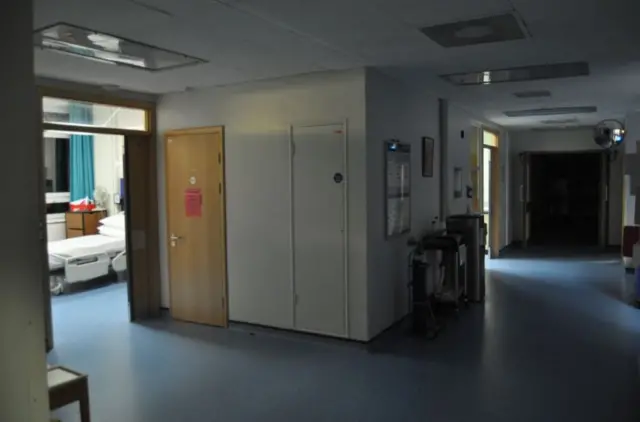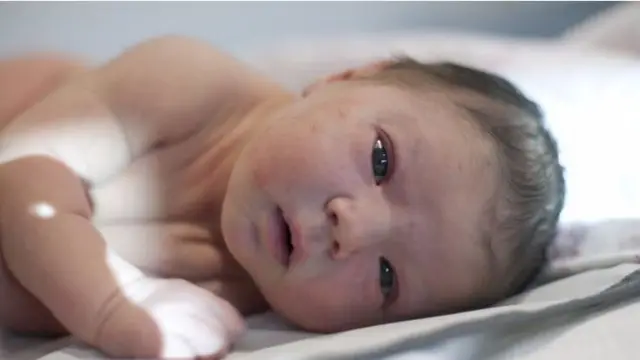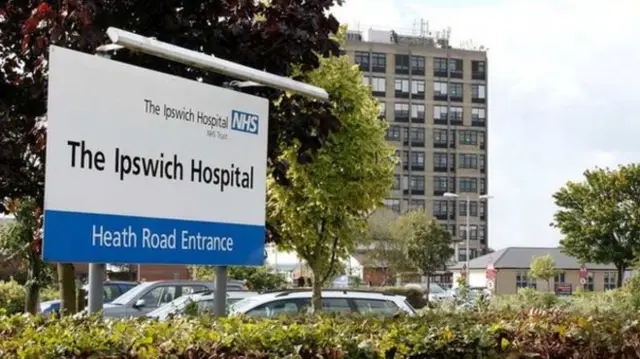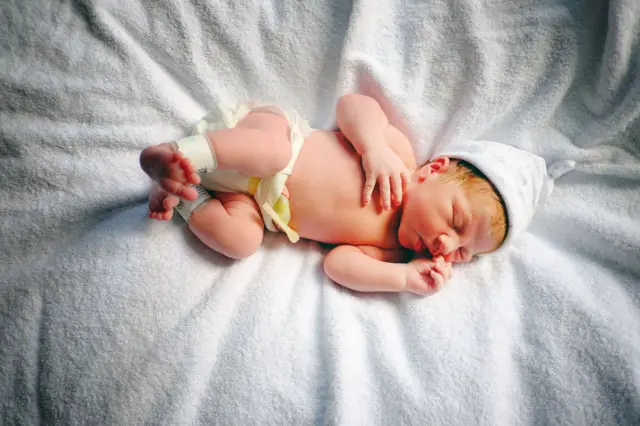What determines if a woman will have a Caesarean?published at 01:10 BST 27 September 2017
The regular use of Caesarean sections is having an impact on human evolution, say scientists.
More mothers now need surgery to deliver a baby due to their narrow pelvis size, according to researchers in Austria.
Their study suggests the genes for narrow pelvises are passed on to future generations, leading to further Caesarean deliveries.
They estimate cases where the baby cannot fit down the birth canal have increased from 30 in 1,000 in the 1960s to 36 in 1,000 births today.
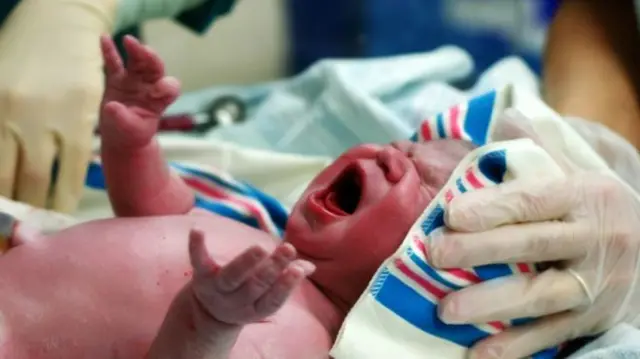 Image source, Getty Images
Image source, Getty ImagesBut there are many other factors involved in whether or not a woman will have a C-section.
A planned Caesarean might be necessary if...
- you are expecting twins
- your baby is in the breech (bottom-down) position
- your baby is premature
- you have a low-lying placenta
- you have HIV, hepatitis or herpes
And sometimes an unplanned Caesarean delivery might be required when...
- there is concern about your health or your baby's health
- your labour is not progressing
- you have vaginal bleeding during pregnancy or labour
- you go into labour before the date of your planned Caesarean section

